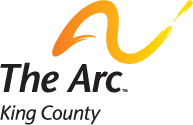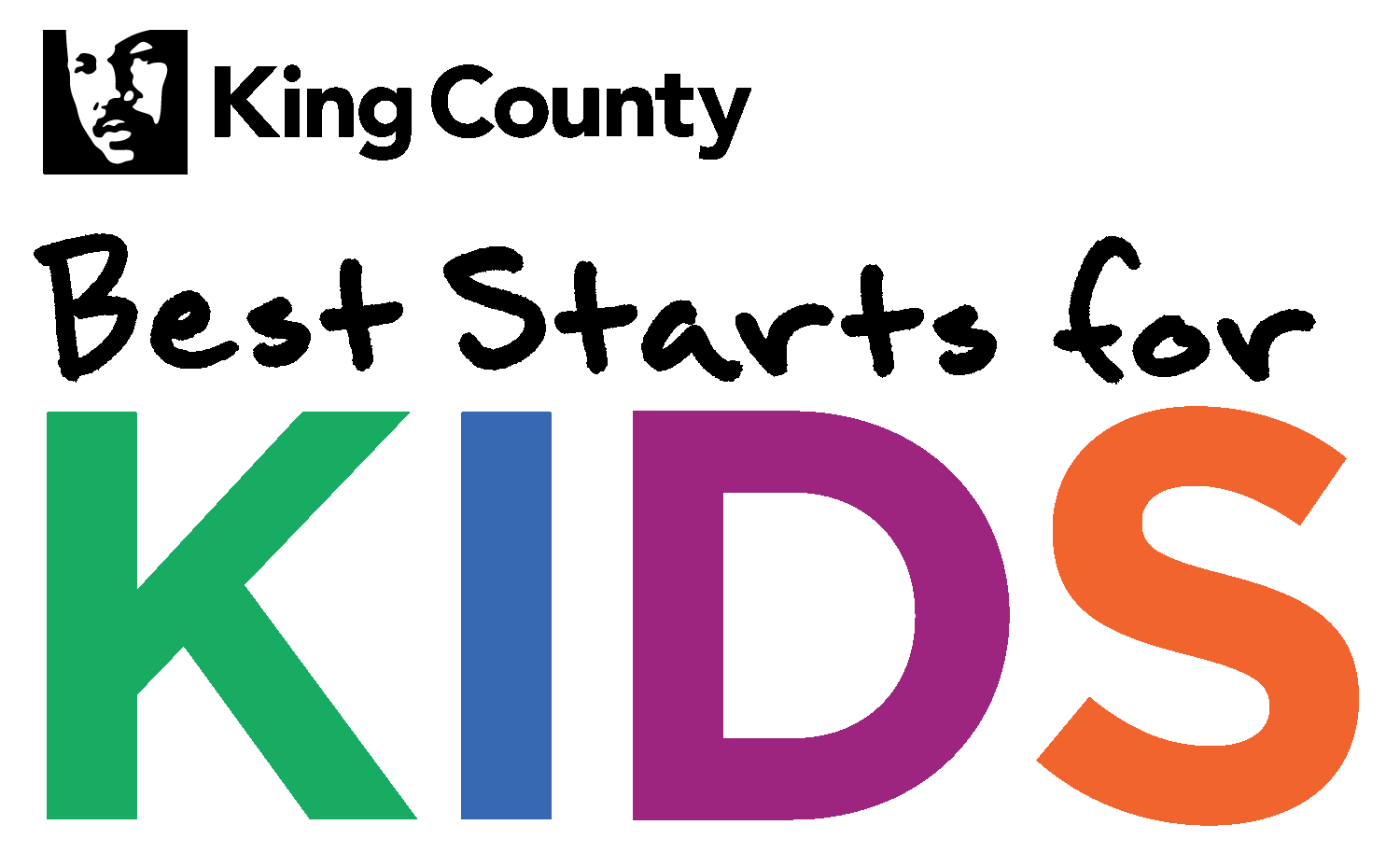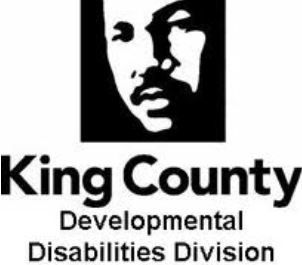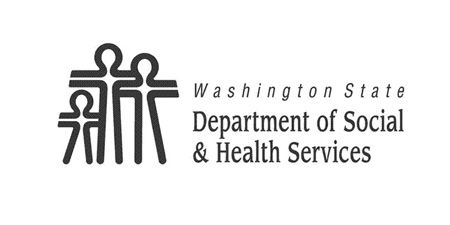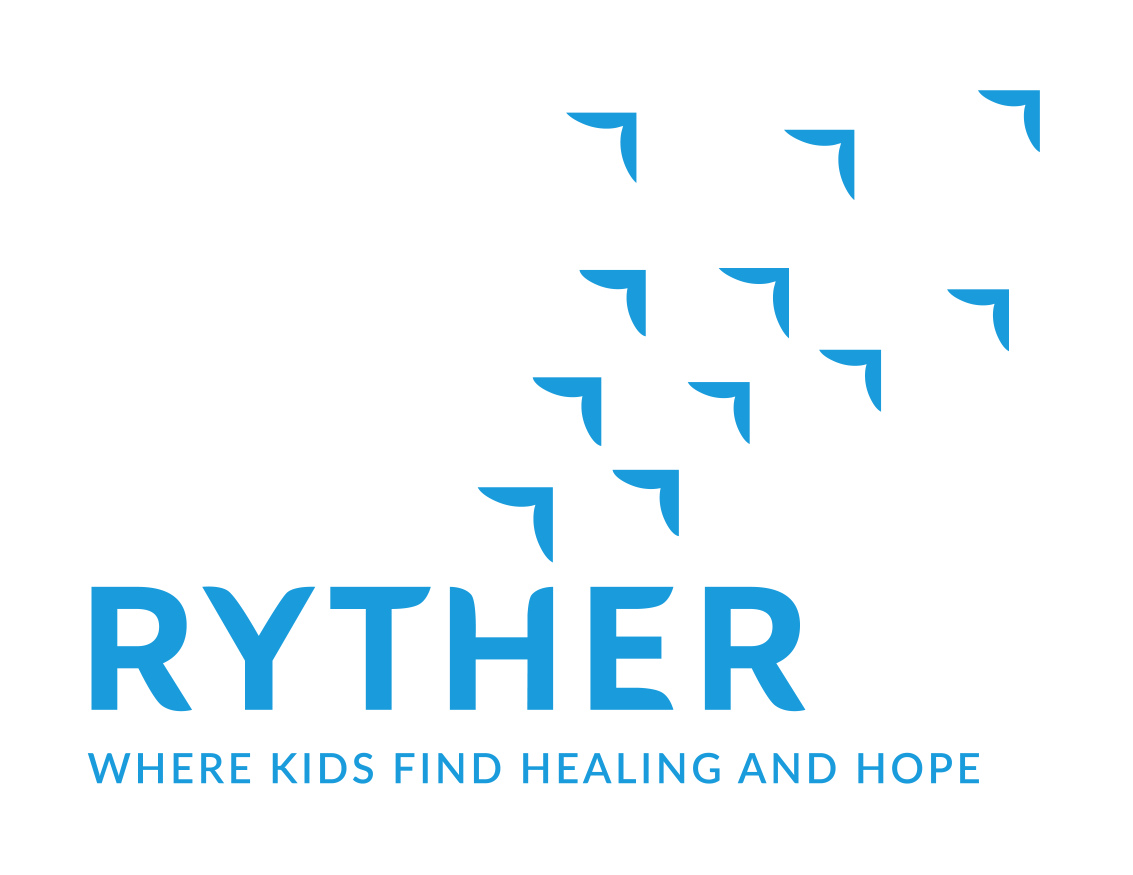The issues
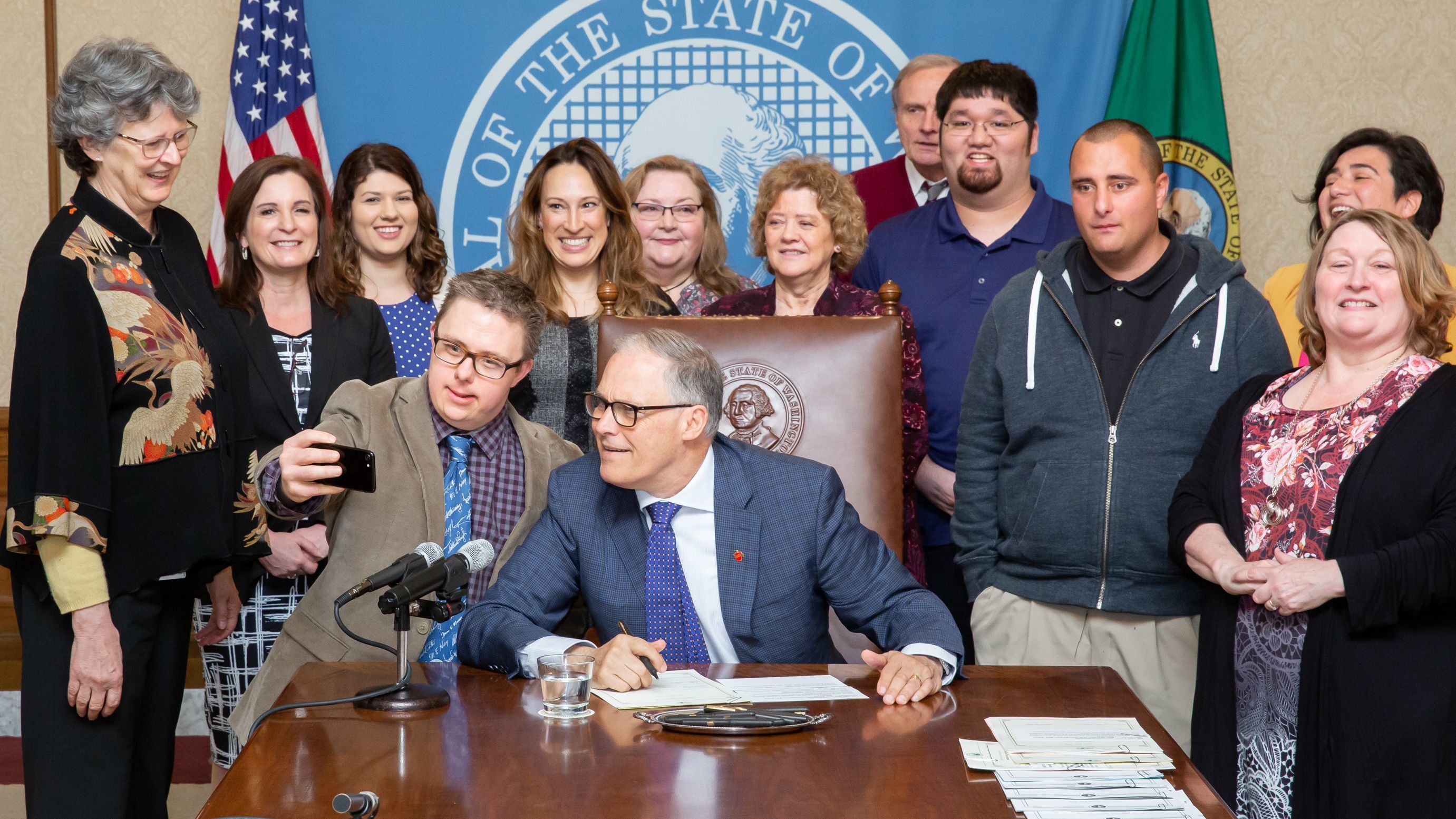
The Arc of King County protects and promotes the rights of people with intellectual and developmental disabilities and works to make communities more inclusive.
We believe everyone should experience belonging and live the life they want.
We are part of The Arc's national network and engage in public policy development at the local, state and federal levels. Every year, The Arc - Washington State works with local chapters to develop a policy agenda for our state. This and other policy work, in turn, is guided by positions taken by The Arc nationally in these areas:
Quality of life: People with intellectual and/or developmental disabilities must be able to lead the life they choose so that they can have a quality of life that is meaningful to them.
Civil rights: People with intellectual and/or developmental disabilities have the same basic legal, civil, and human rights as other citizens. They may need accommodation, protection, and support to enable them to exercise these rights. Their civil rights should never be limited or restricted by government without due process.
- Advocacy position statement
- Autonomy, Decision-Making Supports, and Guardianship position statement
- Criminal Justice System position statement
- Human and Civil Rights position statement
- Inclusion position statement
- Physician-Assisted Suicide position statement
- Protection From Mistreatment position statement
- Self-Advocacy and Leadership position statement
- Self-Determination position statement
Life in the community: All people, regardless of disability, deserve the opportunity for a full life in their community where they can live, learn, work, and play alongside each other through all stages of life. People with intellectual and/or developmental disabilities need varying degrees of support to reach personal goals and establish a sense of satisfaction with their lives.
- Aging position statement
- Behavioral Supports position statement
- Early Childhood Services position statement
- Education position statement
- Employment position statement
- Family Support position statement
- Health position statement
- Housing position statement
- Individual Supports position statement
- Opportunities for Financial Asset Building position statement
- Parents With Intellectual and/or Developmental Disabilities position statement
- Sexuality position statement
- Spirituality position statement
- Transportation position statement
Systems change: Systems are necessary to support people with intellectual and/or developmental disabilities and their families to enable them to live their lives like other people. These support systems must be of high quality and focused on the people and their families, not the staff.
- Responding to the Interrelated Causes of Intellectual and/or Developmental Disabilities
- Long Term Supports and Services position statement
- Research position statement
- Support Coordination position statement
You can explore all of The Arc's positions here
Revenue position:
- 2021 Progressive Revenue Resolution to Support Inclusive Communities - The board of The Arc of King County passed this resolution in February 2021 to speak out on inequity in our state taxes and the impact it has on people with disabilities, especially Black, Indigenous, and People of Color with intellectual and developmental disabilities.
Local policy work
The Arc of King County also works with coalitions to amplify our work.
EARLY CHILDHOOD DEVELOPMENT
We work on early learning issues with the Early Learning Action Alliance, staffed by the Children's Alliance, and partner with state agencies to promote inclusive, high quality preschool options.
K-12 EDUCATION
We work on education funding and policy issues with Investing in Student Potential. This coalition advocates for designing systems to give every learner what they need, when they need it.
HOUSING
We work on housing issues with the Washington Low Income Housing Alliance.
COMMUNITY & LONG-TERM SUPPORTS
We work with The Arc of Washington and the Community Advocacy Coalition for Developmental Disabilities on state issues that impact civil rights, community access and inclusion, and long-term health and human services.
